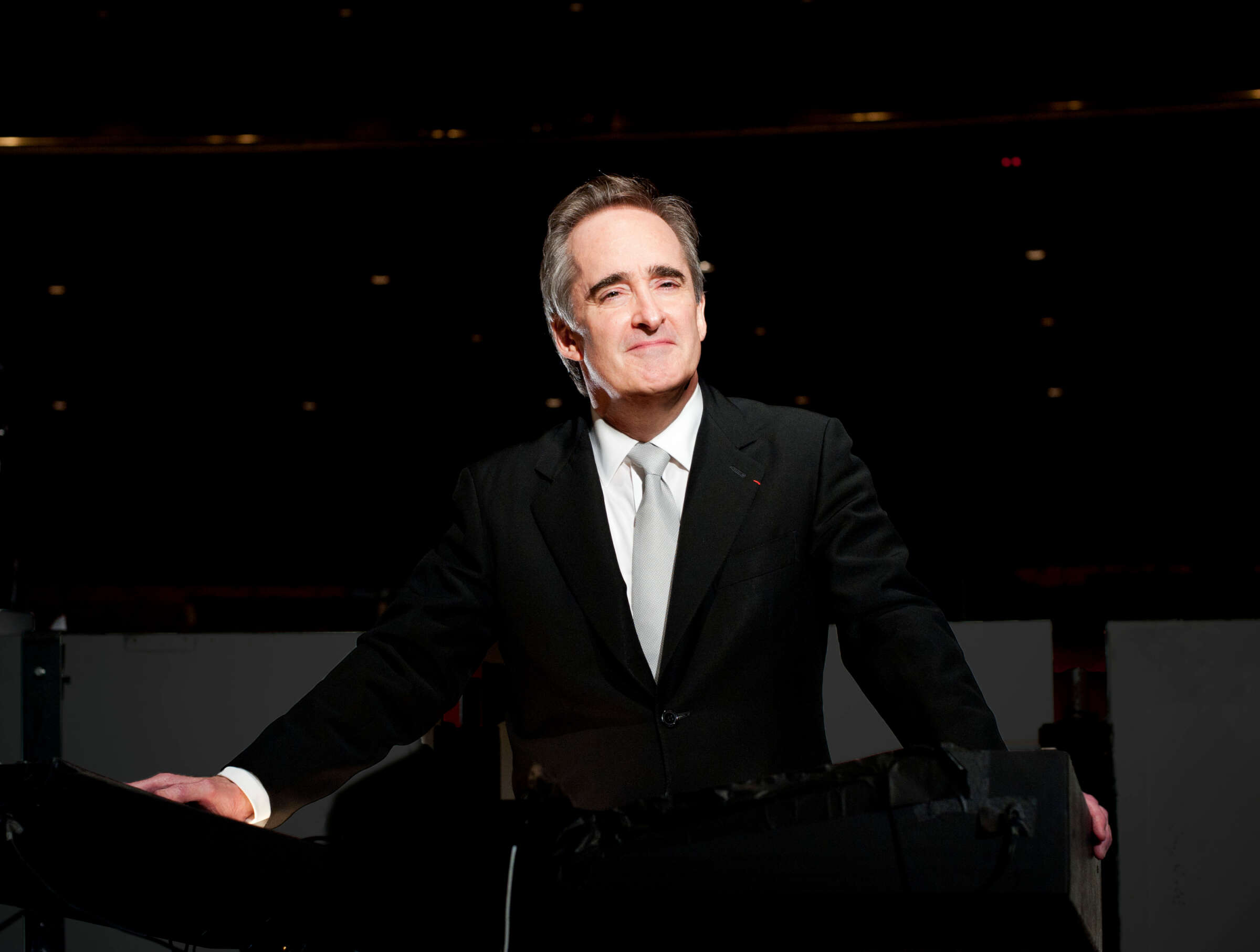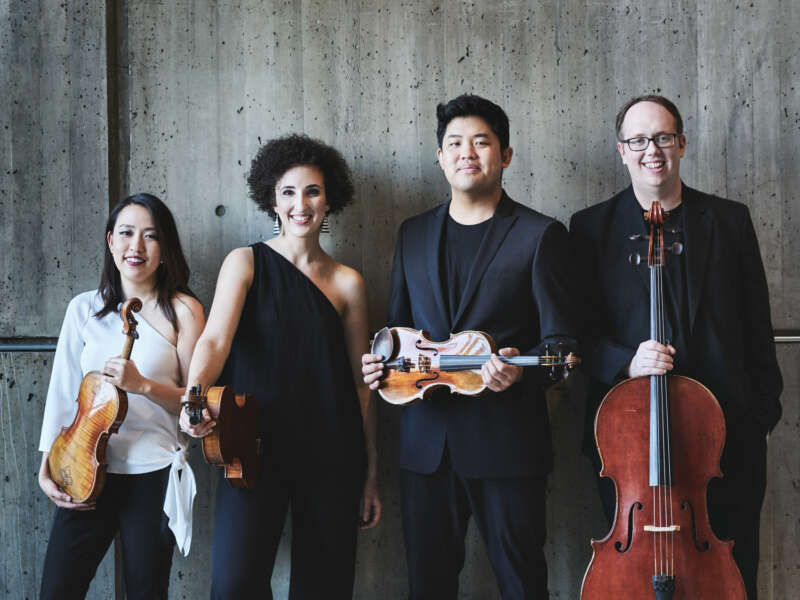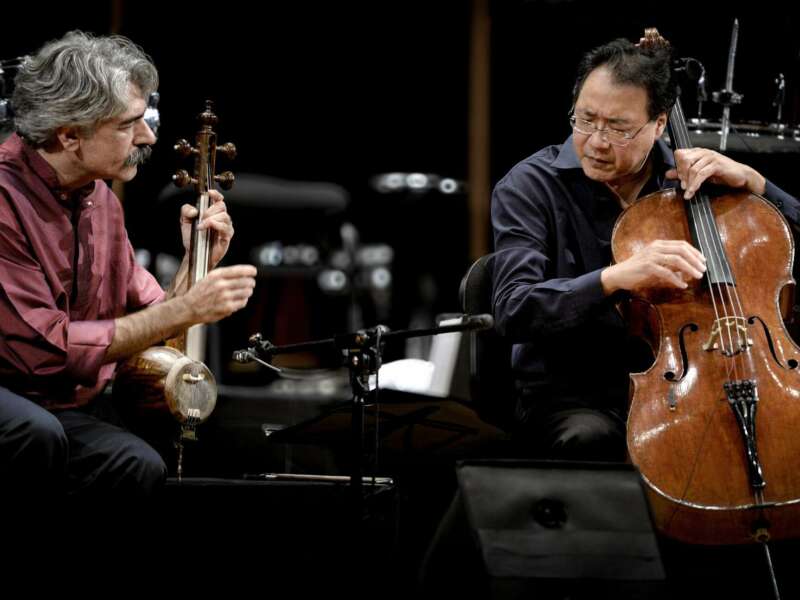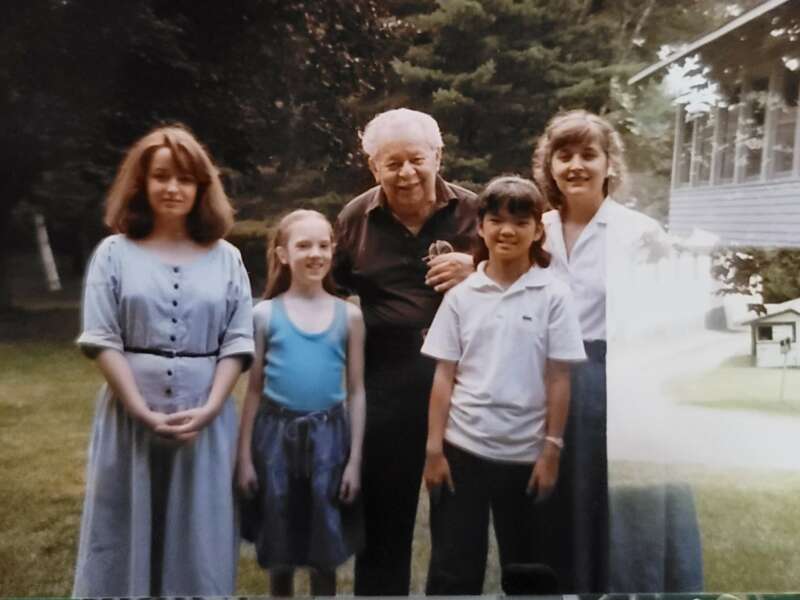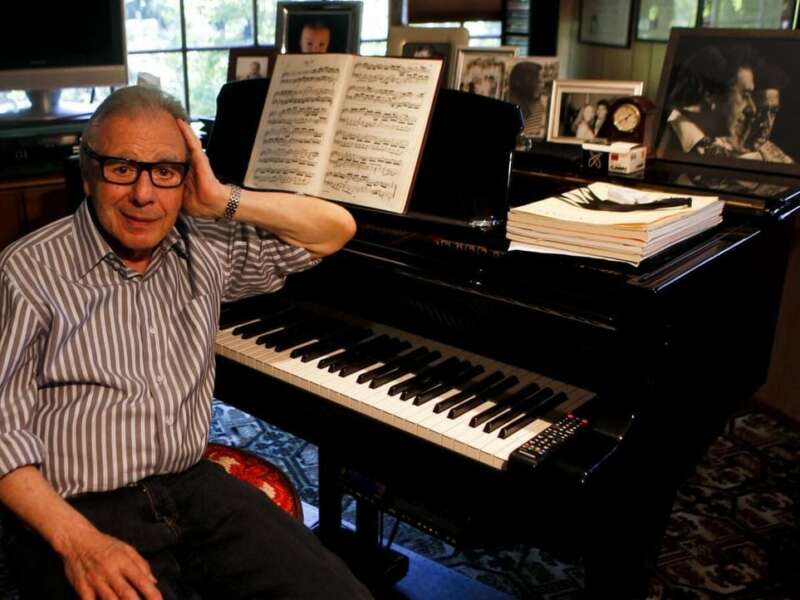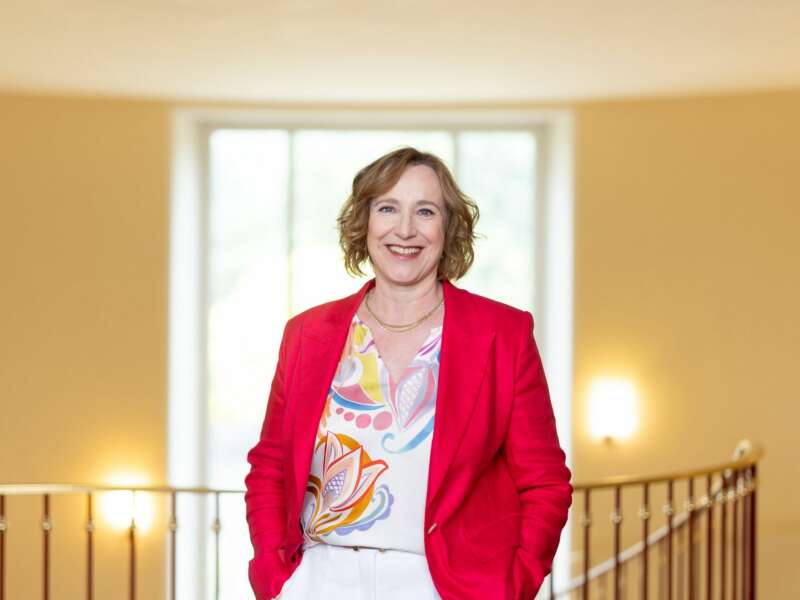VC INTERVIEW | Conductor James Conlon on Promoting Works by Silenced Composers
We sat down with conductor and Music Director of the Los Angeles Opera, James Conlon, about the Colburn School’s Ziering-Conlon Initiative for Recovered Voices
The Colburn School’s Ziering-Conlon Initiative for Recovered Voices encourages greater awareness of composers whose lives were disrupted or ended by the Nazi regime in Europe. Established at Colburn in 2013, the project aims to bring this important repertory back to life through performances, classes, competitions, symposia, recordings, and more.
Its recent online series delves into the life and music of Erwin Schulhoff (1894–1942). Schulhoff’s life and career are emblematic of the composers whose legacies were destroyed during, and following, 1933–1945 as a result of Nazi repression. He, like all Jewish composers and many non-Jewish composers, was branded by the regime as “degenerate.”
The online series is being streamed on The Violin Channel's Facebook page.
Why do you feel it is so important to share these composers and their works with a wider audience?
There are three very important reasons for doing everything we can to resurrect the music and the names of these composers. The first reason is a moral reason. If we are given the opportunity to correct an injustice, we have a moral obligation to do so — that's for all walks of life. An injustice was meted out to these composers. Many of them lost their lives. Many of them were forced to immigrate. We can't give them back their lives, but we can do the one thing that would mean more than anything else, which is to play their music.
A second reason is a historical reason. It's the job of historians, every time there is new information available, to revisit any given subject and to correct what might have been wrong or omitted or simply to revisit its context. I believe we have to do this with 20th-century music.
The third reason is the most important one, and that is an artistic reason. None of this would be important if the music wasn't any good. I don’t propose performing this music simply because it was written by somebody who was victimized by genocide. It concerns music that belongs to the same group as the composers whom you know much better, but was written by someone who was in the wrong place at the wrong time.
The Nazi regime was defeated, and yet they succeeded in one thing to this day. They removed the names of these composers from common knowledge. Their music is still disadvantaged today by a political movement that died almost 80 years ago. It is an object lesson in how easy it is to destroy and how difficult it is to rebuild.
As the pandemic shutdown campuses worldwide, the Ziering-Conlon Initiative for Recovered Voices found a way to reach audiences online through Recovered Voices: Schulhoff and More. Would you tell us more about this online series?
For the past seven years, the Ziering-Conlon Initiative had offered an annual course on the Colburn campus called Recovered Voices: An Examination of Lesser-Known Composers and Works of the Early Twentieth Century. Due to COVID, the in-person course was reimagined for digital platforms and became Recovered Voices 2021: Schulhoff and More. Each 45-minute segment explores the life and legacy of Erwin Schulhoff, an extraordinarily innovative composer, with musical examples recorded and performed by Colburn musicians.
I was thrilled that we found a way to push through the pandemic-related challenges and continue our mission through the streaming of our discussions. My hope is that with the expanded, now-virtual reach of this series, we can reach an even larger audience to draw attention to the composers like Erwin Schulhoff, whose lives were shortened but whose music can live on through all of us.
What is next on the horizon for the Ziering-Conlon Initiative for Recovered Voices at Colburn?
We are about to expand all of our activities, having learned from our experience during the COVID pandemic how to take advantage of the Internet in order to present our story and our program. I'm very encouraged by our great fortune to collaborate with the Colburn School and by the generosity of our wonderful patron Marilyn Ziering, who continues to encourage our growth and activities.
The Colburn School is uniquely placed to address this mission; I don't know of any other school making such significant contributions to this area. If you compare Colburn with universities with 30,000 students, we are not only holding our weight, we're punching above it and will do much more. I believe we will make a difference in the future.
What can students, performers, and audiences do to become more involved and help correct this injustice?
Where do I think the solution lies? With all of us and you. When young musicians become curious, they can change the musical landscape. They need only to make the extra effort to familiarize themselves with composers whose music was banned and, for a combination of very complicated historical reasons, continued to be ignored after the second World War.
These composers have written pieces for solo piano, string quartets, chamber music, orchestra pieces, operas, and song literature. There are a sufficient number to keep any concert hall open even if you played nothing else for several seasons — so that's a lot of music. You can find more information on these composers at the OREL Foundation website.
Those of you who are not musicians but are music lovers, you too can play an enormous role in this revival: just by being curious. Go online, look for this music, listen to it, and then bring it to the attention of your neighbor, your grandchild, or anybody the next time there's a concert. Talk about it. Let the names be heard.
The fact that so much of this music is still not played is a posthumous victory on the part of the Nazi regime. I'm determined to do everything I can in order that such victory is denied to them, even at such a late date. When this music is being played everywhere, then I will know that victory has been reversed—that's my goal.
The Recovered Voices online series will continue with episodes featuring Robert Elias (“What and Why ‘Degenerate’ Music”) and Dr. Lily E. Hirsch (“Jewish Women Composers During the Nazi Regime: Twice Censored”) to be released at a later date.


